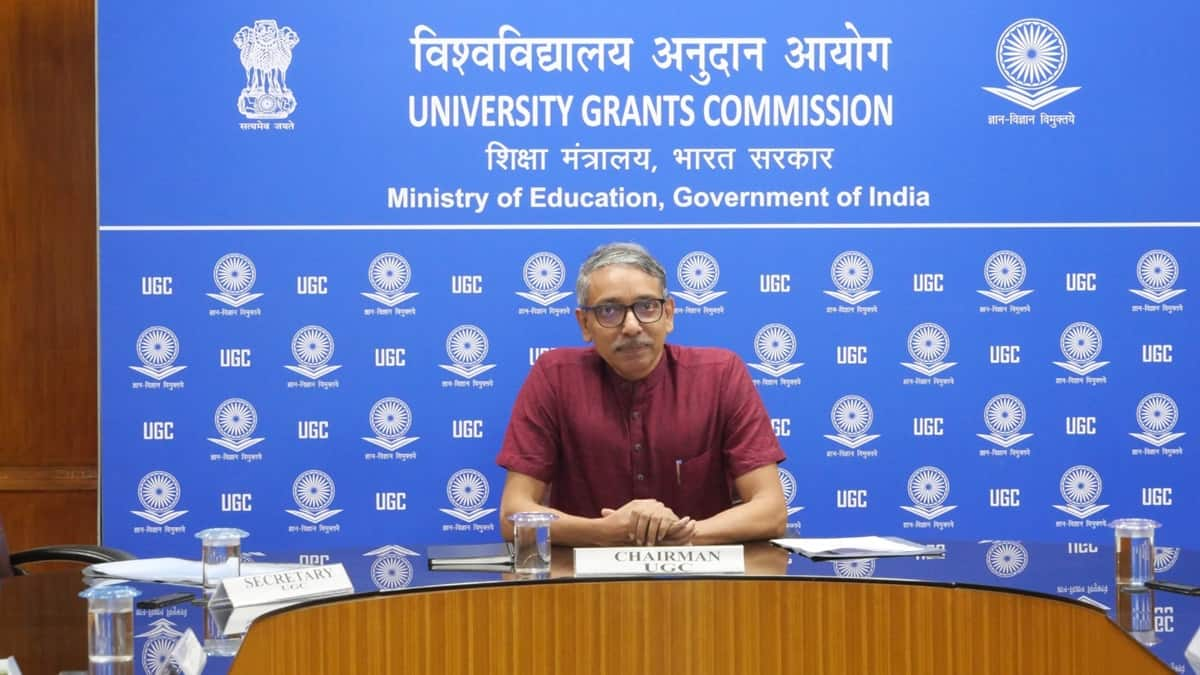UGC-CARE list scrapped, institutions free to identify quality journals: M Jagadesh Kumar
Vagisha Kaushik | February 11, 2025 | 02:46 PM IST | 2 mins read
UGC expert committee forms indicative parameters for selecting peer-reviewed journals by faculty members, students.

NEW DELHI: The University Grants Commission has discontinued the UGC Consortium for Academic and Research Ethics (UGC- CARE) list of journals and developed suggestive parameters for selecting peer-reviewed journals by faculty members and students, who can send their feedback by February 25.
The list of journals for faculty selections, promotions, and research funding drew criticism from researchers such as over-centralisation, unnecessary delays, presence of predatory journals, lack of transparency in decision-making, exclusion of journals in Indian languages, among others.
Due to the UGC-CARE list, research scholars faced difficulties such as pressure to publish in the listed journals, uncertainty following abrupt removal of journals from the list, and limited options for publishing in reputed journals missing from the UGC list.
An expert committee formed by the commission to review the list recommended that the Higher Education Institutes (HEIs) develop their own systems for evaluating the quality of publications and journals.
Why is the UGC-CARE list discontinued?
“The expert committee found that the UGC-CARE model introduced varying levels of subjectivity in the assessment process. It was particularly criticized for its approach to handling journals in non-STEM disciplines, which led to questionable authenticity claims for UGC-CARE listed publications,” said UGC chairman Mamidala Jagadesh Kumar.
By discontinuing the UGC-CARE list and allowing the institutions to develop their own mechanisms in line with the indicative parameters, UGC is cutting subjectivity and making way for a decentralised approach. “Researchers will no longer be constrained by a centralized list of journals. Institutions can now create evaluation models that consider the unique characteristics of different disciplines and accommodate newer, rapidly evolving fields. This allows for greater academic freedom and flexibility in journal selection,” UGC added.
If HEIs fail to establish efficient mechanisms to identify credible journals, they risk promoting faculty members with publications in dubious journals. This would damage the institution's reputation and undermine the quality of its academic output.
Combating predatory journals
UGC has asked experienced faculty members to guide young researchers in making informed decisions about selection of journals to prevent them from publishing in predatory journals. The institutions can help by spreading awareness, establishing robust evaluation mechanisms, and encouraging faculty members to take ownership of academic standards.
Follow us for the latest education news on colleges and universities, admission, courses, exams, research, education policies, study abroad and more..
To get in touch, write to us at news@careers360.com.